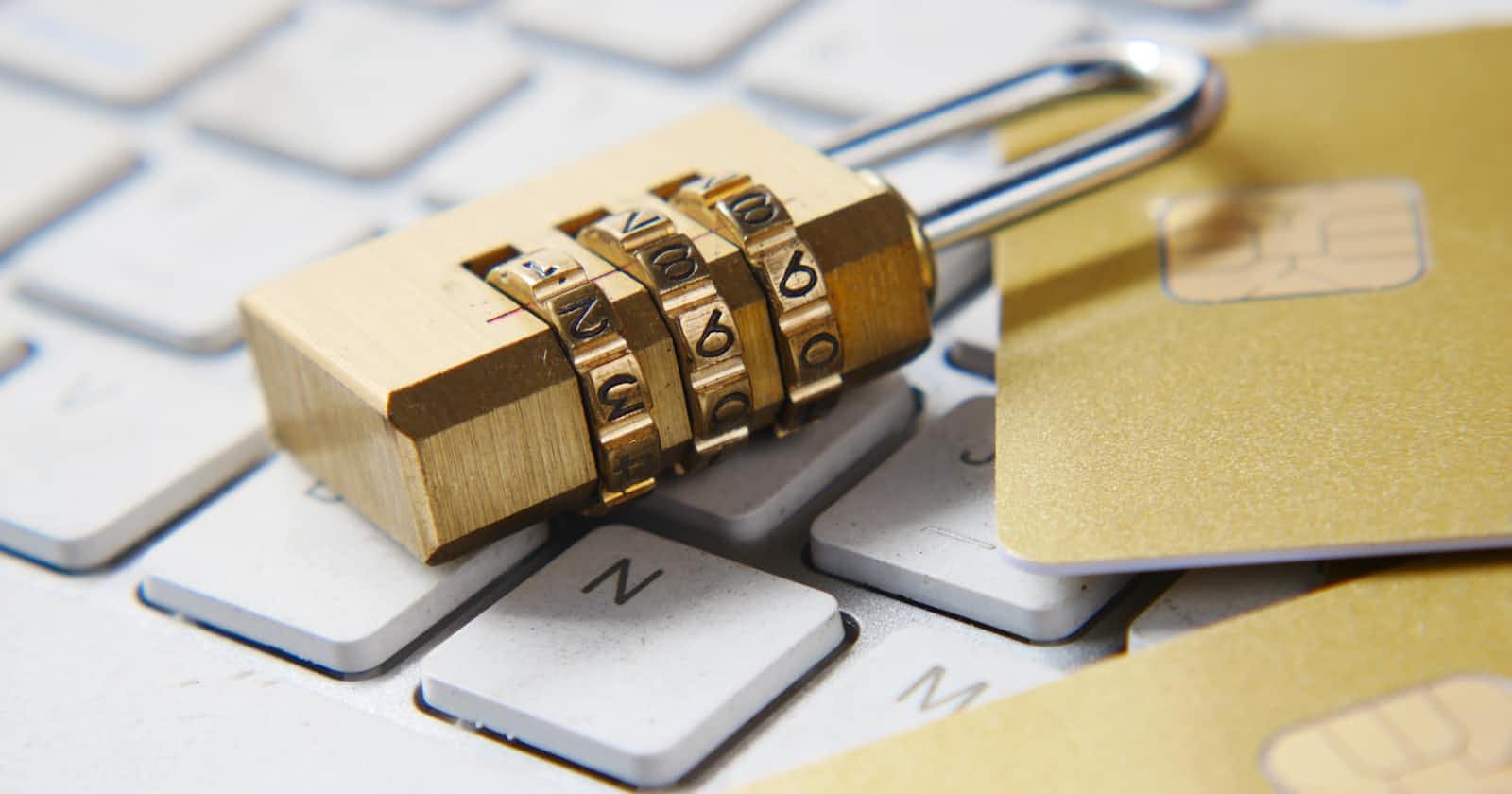At Decanal office filled with dedicated employees, there was a forgetful but well-meaning individual named John. John was a hardworking employee who managed various tasks on their computer. They handled sensitive information, collaborated on important projects, and had access to valuable company resources.
However, there was one little problem. John had a habit of forgetting passwords. To overcome this challenge, they came up with a seemingly innocent solution: writing down their passwords on colorful sticky notes and sticking them to their monitor.
At first, it seemed like an easy way to remember their passwords. John thought that since their desk was in a relatively secure area, it wouldn't pose a significant risk. Little did John know, their seemingly harmless shortcut would lead to a cybersecurity breach that would teach them an invaluable lesson about the importance of strong and unique passwords.
One day, a stranger managed to enter the office undetected, posing as a repair technician. The stranger had malicious intentions and noticed the sticky notes on John's monitor. The intruder's eyes gleamed with opportunity as they realized the potential treasure trove of passwords just within reach.
With a quick sleight of hand, the stranger managed to take a few pictures of the sticky notes, capturing passwords that belonged not only to John but also to other employees who had made the same mistake. Unknown to everyone, a security breach was underway.
Over the next few days, strange incidents started occurring. Valuable company data went missing, and unauthorized access was granted to systems and files. The company's IT department detected the anomaly and launched an investigation to uncover the source of the breach.
As the IT team examined the logs, they noticed a pattern. Many compromised accounts had passwords that were suspiciously similar to each other. It didn't take long for them to identify the common denominator—the sticky notes.
The IT team immediately notified the management about the security breach and urged them to reinforce the importance of strong and unique passwords. They emphasized the need for employees to avoid writing down passwords, especially on easily accessible surfaces like sticky notes.
In response, the company organized a mandatory cybersecurity awareness training session for all employees, with a focus on password best practices. The session highlighted the risks of weak and reused passwords and stressed the importance of using complex, unique, and regularly updated passwords.
As the training progressed, John's face turned pale with realization. They understood the gravity of their mistake and the role they unwittingly played in the security breach. The incident served as a wake-up call, prompting Alex to adopt more secure password habits and become an advocate for cybersecurity awareness in the office.
From that day forward, Alex became a vocal proponent of password managers, which provided a secure way to store and generate strong passwords. They encouraged their colleagues to follow suit and shared stories of how their own careless habits had led to a near-catastrophe.
Through this incident, the company learned an invaluable lesson about the importance of cybersecurity and the need for ongoing education. They implemented stricter password policies, enforced regular password changes, and invested in two-factor authentication to enhance their overall security posture.
The password predicament taught everyone a crucial lesson: Strong and unique passwords are a vital shield against cyber threats. It only takes one weak password to compromise an entire network. By staying vigilant, practicing good password hygiene, and embracing robust security practices, the employees of this company were determined to safeguard their digital kingdom from any future attacks.
...
Derek

